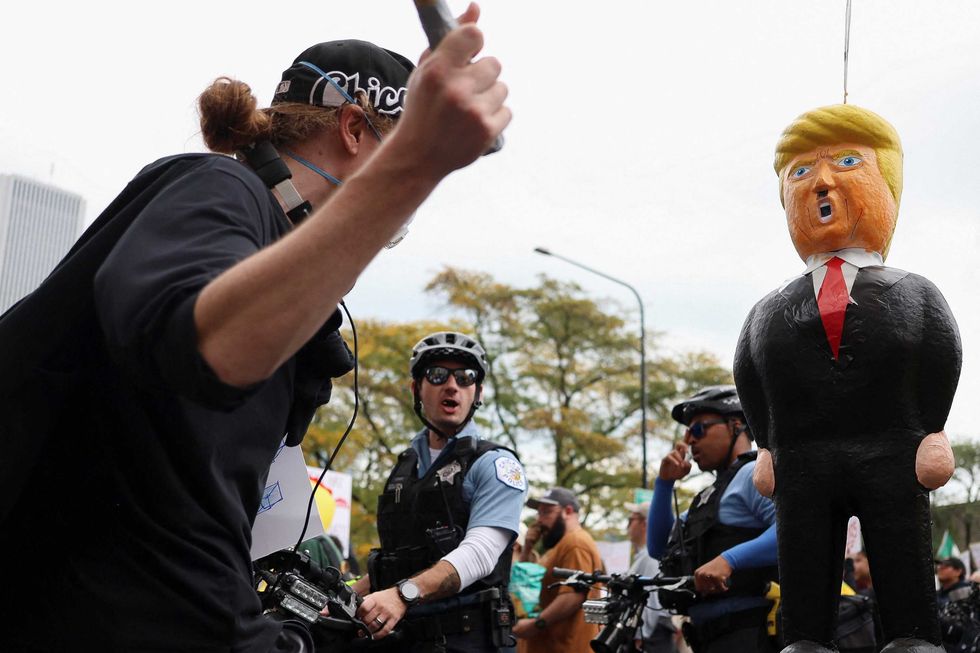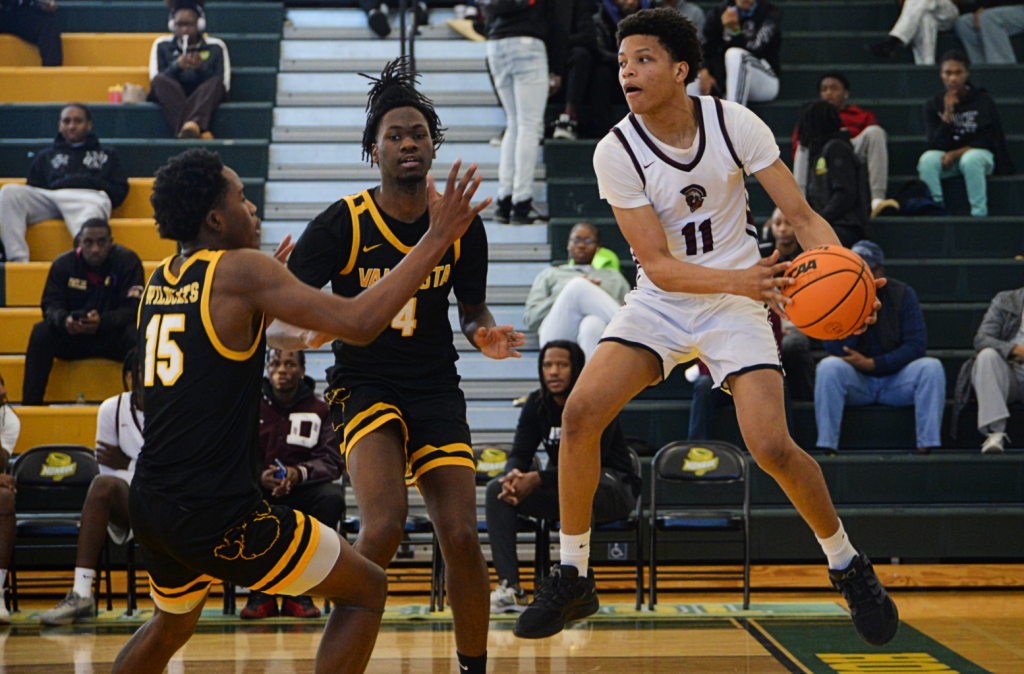
UPDATE: Sen. Mike Lee (R-UT) is calling for immediate condemnation from Democrats over a controversial video showing demonstrators striking a piñata resembling President Donald Trump. The video, shared on social media by the far-right account Libs of TikTok, has ignited outrage, with Lee stating, “This isn’t funny,” and warning that such actions foster an “assassination culture.”
The video depicts a child striking the piñata while an accompanying message claims, “They want us all dead,” heightening tensions in an already polarized political climate. Lee’s post on X late Sunday night has sparked significant backlash, urging Democrats to take a stand against what he perceives as a disturbing trend.
Lee’s demand for condemnation comes just days after he faced scrutiny for mocking Sen. Mitch McConnell‘s recent health episode, despite having previously made jokes about Joe Biden following a fall on Air Force One. This latest incident underscores the heightened emotions surrounding political discourse as the nation approaches the 2024 elections.
Critics are quick to point out Lee’s past comments, including jokes about the tragic shooting of a Minnesota Democratic lawmaker and her husband in June 2023. These contradictions have raised questions about his sincerity and the appropriateness of his current outrage.
As Lee’s political stance has shifted dramatically since his initial opposition to Trump, observers note that the senator’s alignment with the former president has evolved significantly since 2020, when he actively supported efforts to contest the election results. This transformation has been attributed to a growing emphasis on party loyalty over personal convictions.
The fallout from Lee’s statement is likely to reverberate through social media and political circles, as many grapple with the implications of such rhetoric. Advocates for civil discourse warn that equating playful actions with incitement to violence can further exacerbate divisions in an already contentious environment.
With the 2024 election cycle heating up, all eyes are on how both parties will respond to the growing calls for accountability in political speech. Lee’s demands amplify the urgency for a dialogue on the limits of political expression and the responsibilities of public figures in shaping discourse.
As this story develops, observers will be watching closely for reactions from Democratic leaders and advocacy groups that may respond to Lee’s comments and the broader implications for political rhetoric in the United States.





